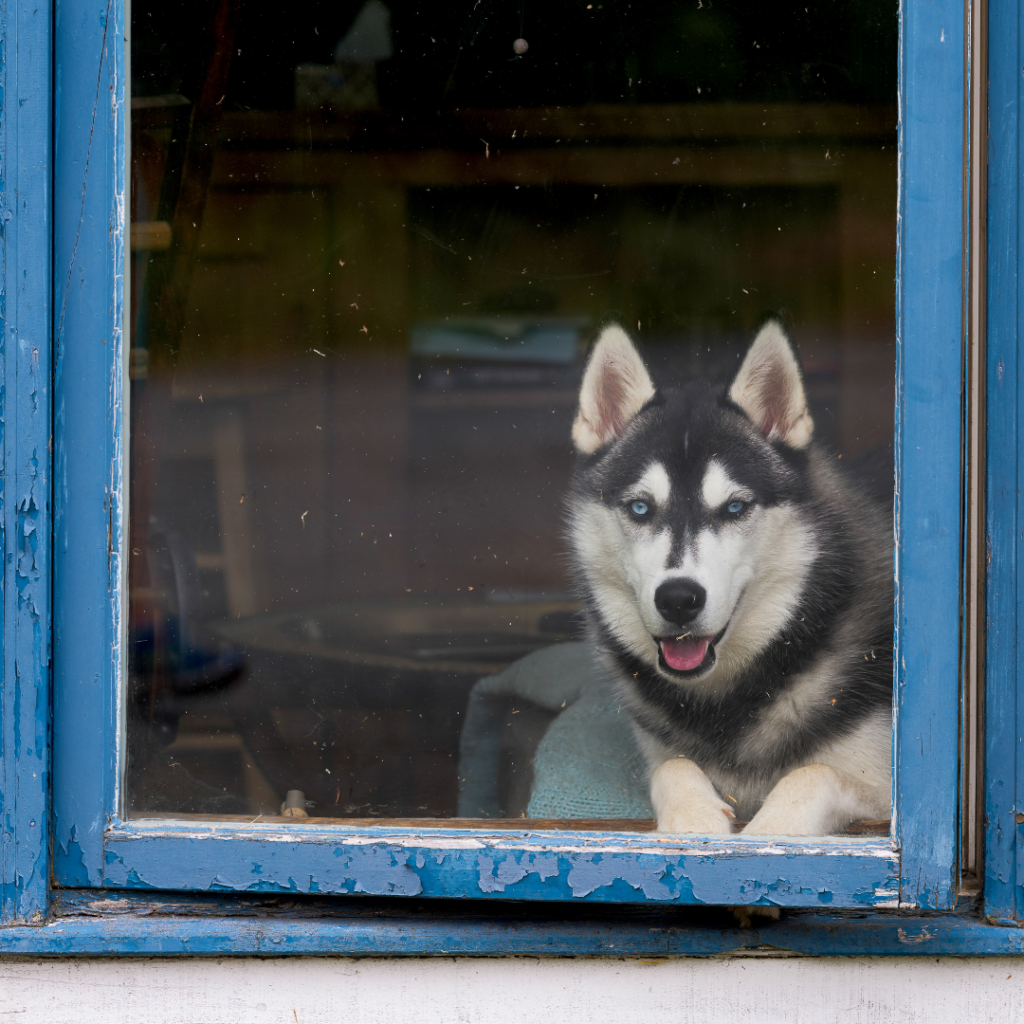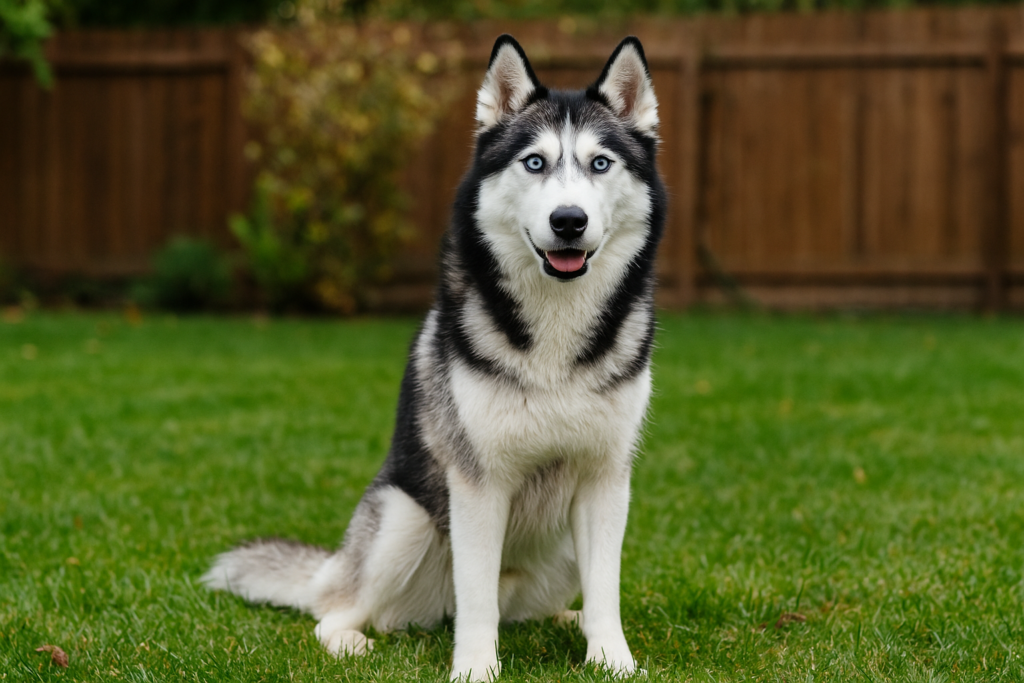Siberian Huskies are admired for their striking looks and lively personalities. But behind those icy blue eyes lies a breed that requires more than the average level of care. These are working dogs by nature—alert, active, and independent. Understanding what they need isn’t just helpful—it’s essential if you want to raise a happy, well-adjusted companion.
Understanding the Nature of a Siberian Husky
Huskies are known for their resilience and energy. They were bred to work in extreme conditions, pulling sleds for miles across snow and ice. That history still shapes their behavior today. They’re curious, clever, and full of stamina.
This means they don’t settle well into sedentary lifestyles. They’ll seek out activity, interaction, and purpose wherever they can find it—even if that means creating chaos in your living room.
Home Environment Requirements
A Husky’s home should feel open and secure. These dogs are skilled at finding escape routes, so outdoor spaces must be well-fenced and checked regularly for weak spots. Indoors, they appreciate cool flooring and quiet areas where they can rest without being disturbed.
They’re pack animals and dislike being left alone for long periods. If their social needs aren’t met, they can become restless and destructive.
Diet and Nutrition
You don’t need exotic ingredients to keep a Husky healthy, but you do need quality. Choose food that provides balanced nutrition—real protein, healthy fats, and minimal fillers. A regular feeding schedule helps maintain consistent energy levels.
Huskies tend to self-regulate their food intake better than other breeds. Still, monitor their weight and adjust portions based on activity and age. Clean water should always be available, especially after exercise.
Grooming Essentials
Huskies shed heavily—especially during seasonal coat changes. If you’re not brushing them regularly, their fur will take over your home. Use a proper undercoat rake a few times a week, and be prepared for daily grooming during the heaviest shedding months.
Baths aren’t needed often. Their coats naturally resist dirt and odor. Too much washing can actually harm their skin by removing protective oils.

Exercise and Physical Needs
If there’s one non-negotiable for Huskies, it’s exercise. They need to run, explore, and engage their muscles and minds daily. An hour a day is the bare minimum—ideally, more.
Without enough activity, they can become anxious, disobedient, or even aggressive. Mix it up: long walks, runs, playtime, or interactive games. Consistency and variety will help keep them balanced.
Training and Discipline
Training a Husky isn’t just about teaching commands—it’s about building a relationship. They learn fast, but they also have a strong independent streak. That means they’ll often question commands or look for loopholes.
Start early. Use positive reinforcement and keep sessions short but regular. Avoid harsh discipline; it rarely works with this breed. Instead, be firm, clear, and consistent.
Health Monitoring and Veterinary Care
Huskies are generally robust, but they still need routine care. Annual checkups, vaccinations, and parasite control are musts. Common issues include hip dysplasia, thyroid imbalances, and eye conditions.
Pay attention to subtle changes—reduced energy, stiffness, or altered behavior might signal something more serious. Regular grooming also gives you a chance to spot lumps or skin issues early.
Climate Considerations
Hot weather can be uncomfortable and even dangerous for Huskies. They’re built for snow, not sunshine. Exercise them early in the morning or later in the evening when it’s cooler.
Indoors, use fans or cooling pads. Make sure they always have shade and access to fresh water. Watch closely for signs of overheating like excessive panting or drooling.
Daily Routine and Mental Stimulation
Routines give Huskies a sense of structure and security. Set regular times for feeding, walking, training, and downtime. Include mentally enriching activities—like puzzle feeders or short command sessions—to keep their minds sharp.
Leaving a Husky bored and idle is asking for trouble. They’ll find ways to stay busy, and you might not like their choices.
Conclusion: A Committed Companion
Caring for a Siberian Husky is a commitment, not a convenience. They require time, energy, and awareness every single day. But the reward is immense: a deeply loyal, intelligent, and affectionate companion.
Once you understand and meet their needs, you’ll find that few breeds are as rewarding—or as unforgettable—as the Siberian Husky.






